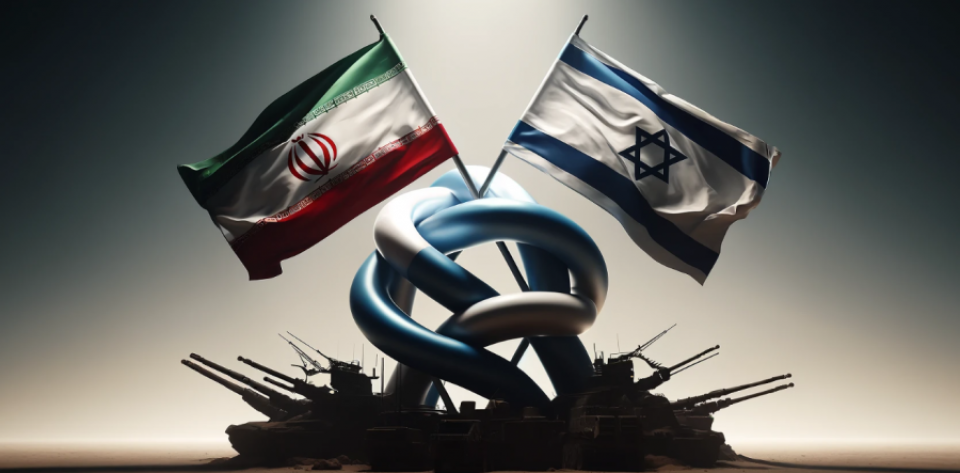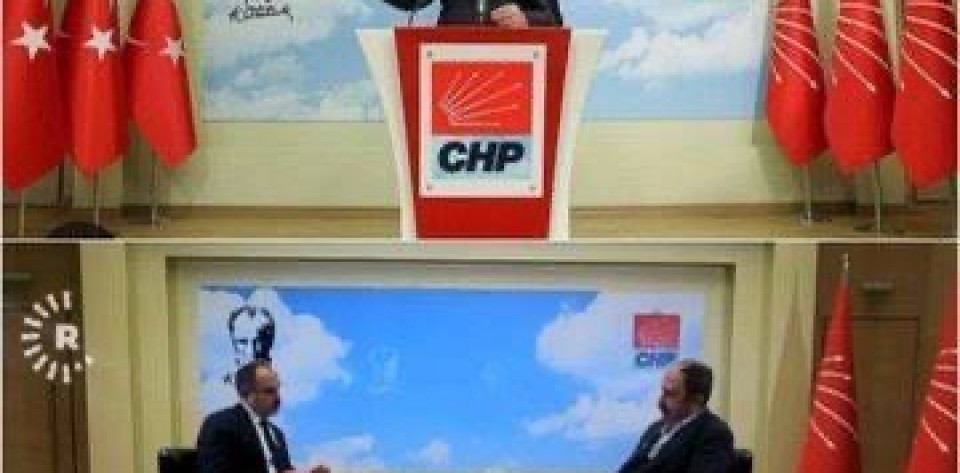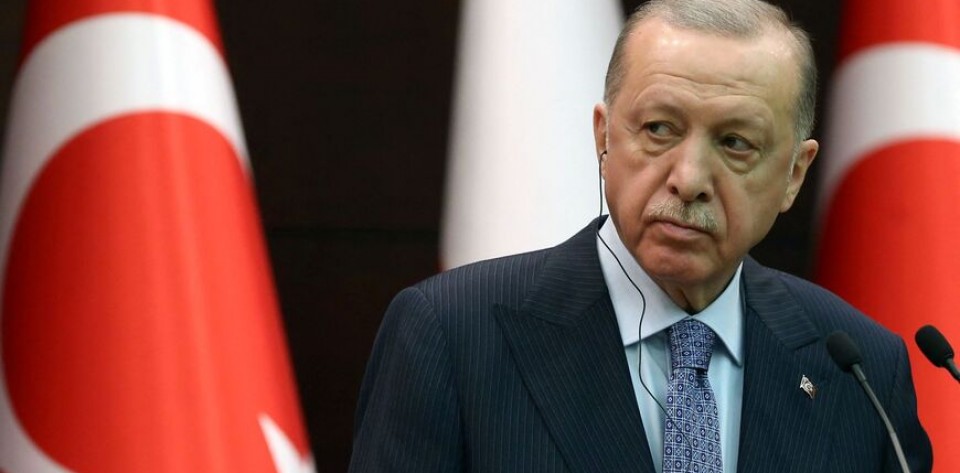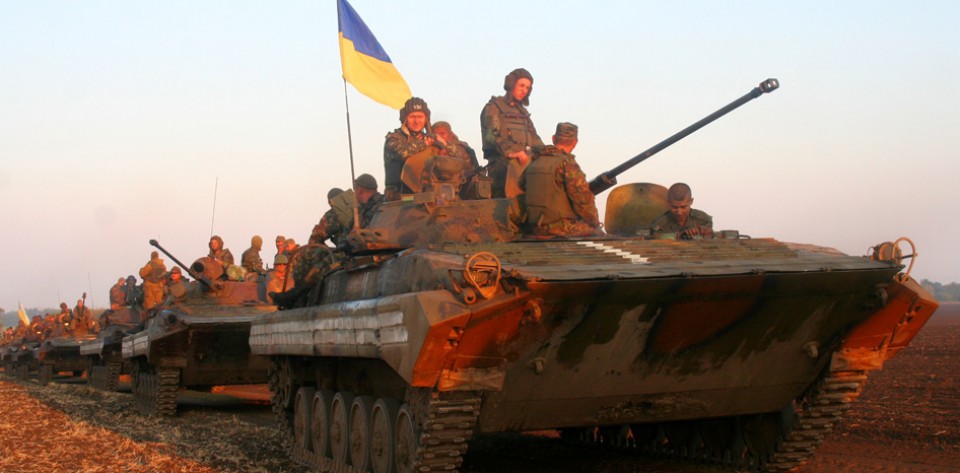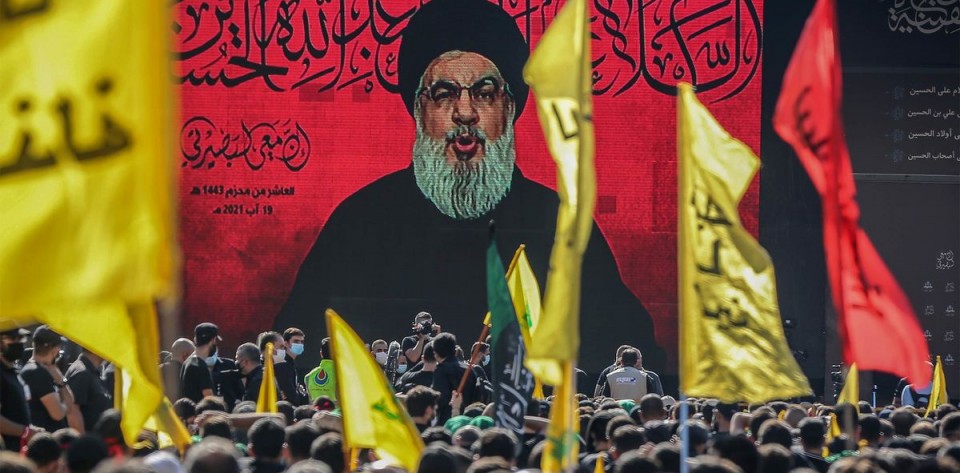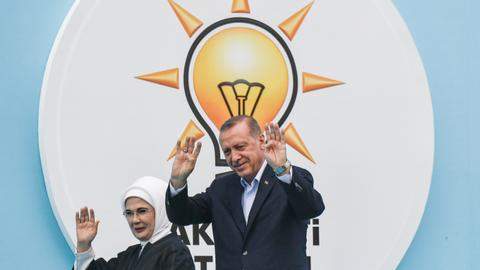
President Erdogan faces election 2023 while his unprecedented policies will come under more scrutiny. Many blame the crisis on President Erdogan persistence on reducing the interest rate while the major central banks around the world aim to raise the rates to curb the soaring inflation. The annual consumer inflation rate rose to 36.08% last month, the highest since September 2002 and up sharply from 21.31% in November. Turkey has introduced unprecedented new approaches which President Erdogan believes that it will help promoting growth. He is getting many criticism from the financial industry while he justifies his moves on religious grounds. The new measures might give him some time but Turkey might have turned the last corner before the financial crisis.
The lira shed 44% of its value against the dollar last year. The drop in the lira has made the price of inflation-fueling imports more expensive, ranging from energy to many of the raw materials Turkey's manufacturers turn into exports. High interest rates are a drag on activity and slow down economic growth, but they are useful to tamp down inflation as they cut demand and encourage savings. President Erdogan also is not concerned about the fall of lira since he believes it will create a competitive exchange rate which will encourage creating more jobs. He was not the first trying to do so.
During 1980’s, Prime Minister Turgut Ozal devalued lira and encouraged an export-oriented economy. It did not stop increasing the prices while integrated the economy with global markets. He got the support of international financial market and transformed the economy.
Tansu Ciller, the prime Minister of Turkey in the 1990s, had also used the similar policy by increasing the inflation to 500%. That policy proved to fail due to many economic reasons but mainly due to unsustainable growth and corruption. The failure brought Erdogan’s Justice and Development party (AKP) in 2002 when it hit 50%.
As of today, the lira has been devalued by 2.5 times since 3 years. Unemployment rate is high. Taxes have increased by 50%. Inflation keeps rising gradually monthly. The pension salary and employment salary have been increased but cannot meet with the price increase in the country.
Since 1950s, all prime ministers and President Erdogan since 2016 popularize the populist policies to win the elections. Prime Ministers like Adnan Menderes, Suleyman Demirel, Erbakan, Ozal, Ciller and President Erdogan often use popularist politics to strengthen their leadership. However these policies also promote the corruption which slowed down democratic transition and complicated structural economic reforms.
Unfortunately, opposition bloc does not bring any prosperity or solution to Turkish economy or ongoing problems. The fractured opposition has little in common beyond wanting to overthrow Erdogan and the AKP. The opposition bloc wants to undo the presidential system but has no common policy on economy, foreign policy or domestic issues.
We have mentioned that Turkey intends to achieve some kind of Chinese model through import-substitution model. For that Turkey has to access cheap energy, ensure the security of logistic routes, access cheap raw materials or manufacture them domestically, increase the capacity of national defense industry and enlarge the navy and air force operational capability. None has been achieved so far other than some but not enough achievement regarding the national defense industry. Turkish domestic infrastructure is not ready to follow such transition. It requires many equipment to be renewed or even replaced which had not been followed by a decade.
All these bring Turkey or President Erdogan to produce policies to win time before the 2023 elections. President Erdogan wants to diversify the economy through the import-substitution model which might achieve the economic sovereignty. To do so, Turkey has to deal with the politic corruption problems while achieving all the milestones to achieve economic sovereignty. The model and approaches to overcome the ongoing financial crisis cannot solve the ongoing problems in Turkey. It only creates more time before the coming elections. Either Erdogan’s AKP or opposition bloc does not bring any solution to problems suggest that Turkey turned the last corner before the collision.





